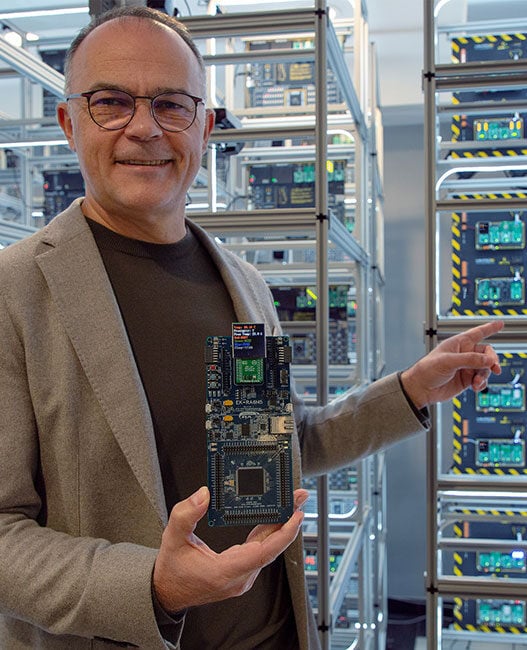Continued extensions and improvements to the Satisfiability Modulo Theories (SMT) dataflow engine combined with the hi-fidelity semantic information from the in-house parser enable QA•C++ to not only detect issues but also provide detailed information on the
run-time state under which the issue would become apparent.
“We have seen a significant increase in the number of requests from developers for 64-bit implementations. QA•C++ 3.1 not only delivers full support for the leading 64-bit platforms but also greatly improved issue detection.” said Fergus Bolger, Chief Technical Officer at PRQA. “We hold a pre-eminent position in compliance to coding standards and defect prevention. Our focus on precise source code analysis also allows us to deliver uniquely high grade bug-detection in both language-use and dataflow categories in this latest C++ release. Additionally, two major features of C++ ’11 are included in QA•C++ 3.1, specifically, support for ‘rvalue references’ and ‘variadic templates’, ensuring that QA•C++ remains as the static analysis tool of choice for all versions of the C++ language.
QA•C++ 3.1 also includes enhanced language support for users in Japan with UTF-8 locales, especially for Linux. This release also benefits from a new cross platform GUI, with a tight integration to Eclipse and Visual Studio Development Environments and accommodates multi-language processing.














